2023 Early Childhood Global Reporting Fellowship
The Dart Center's third inaugural Early Childhood Reporting Fellowship aims to illuminate issues related to young children’s growth and development, and the well-being of their caregivers. Fellows will receive reporting stipends, coaching and monthly webinars to deepen knowledge on early childhood development and its intersection with the most pressing issues of today. The application deadline has passed.
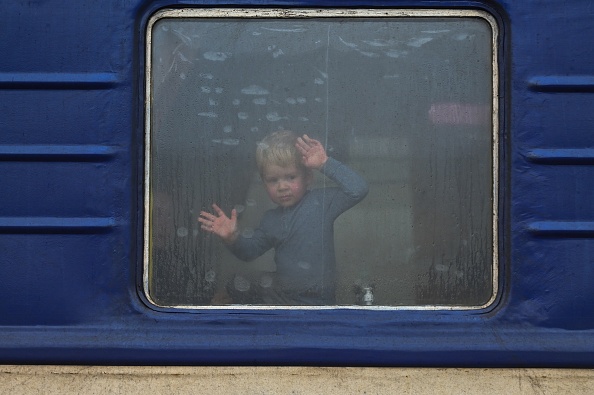
Evacuation Of Civilians From Kherson Continues
The Dart Center's Early Childhood Global Reporting Fellowship is launching its third project-based virtual fellowship on issues related to growth and development of the youngest children (0-6) and the well-being of their caregivers.
The 2023 program will support 15 journalists from around the world working in print, online, audio, video and multimedia with reporting stipends, coaching and mentoring, and on-going education to deepen their knowledge. The Fellowship will run from May to November 2023 – ending with a project in the publication pipeline.
The application deadline has passed.
The program’s focus is on the ways early experience affects the development of children, at a time when their brains are most malleable. Across the world, children are subjected to a host of stressors, from malnutrition to political instability to inequality and racism. In recent years, children have had to face violence and unrest from the war in Ukraine, oppression in Afghanistan, and a cascade of natural (often climate-change related) disasters. And of course, the global pandemic underscored widespread inequities across populations, and disrupted basic healthcare and education for millions of children.
We are seeking projects that explore these - and other - circumstances affecting early childhood development, with a focus on the policies and situations that lead to adverse experiences as well as possible solutions.
Freelancers along with both contract and staff reporters are all invited to apply.
Applicants must be able to demonstrate that their project will have a likely outlet for publication or broadcast. Applications must focus on children age six or younger and/or the well-being of caregivers to be given serious consideration. Each Fellow will be awarded $2,000 USD to use towards reporting a story or project. In addition, Fellows will also be assigned an experienced project coach and convene for monthly webinars featuring experts in the fields of science, education and public health. Webinars will be scheduled with varying time zones in mind – although some fellows will need to attend quite early or late in the day.
Collaborative projects between more than one journalist will not be considered.
Fellowship stories from previous cohorts can be found here.
Eligibility Criteria
Any U.S. or international journalist who has a demonstrated interest in reporting on young children and/or their caregivers.
Applicants must be proficient in English (although projects can be undertaken and produced in another language.)
Applicants must propose a reporting project about young children and/or caregivers that can be completed and scheduled for publication or broadcast by November 15, 2023.
Applicants must have in mind a media outlet for the project – either as a staff writer or freelancer – and a substantiated reason to think the outlet is a likely publishing or broadcast partner.
Applicants must agree to attend at least four monthly webinars (out of six) during the fellowship period and agree to stay in regular contact with their story coach.
Application Information
The deadline to apply is March 20, 2023 at 11:59 pm EST.
A committee will review applications, and applicants will be notified on April 14, 2023.
The Fellowship will officially begin with a webinar on May 15, 2023.
The application deadline has passed.
Fellowship Faculty
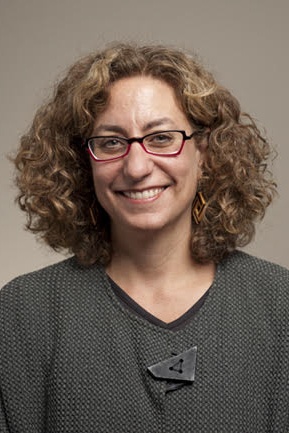
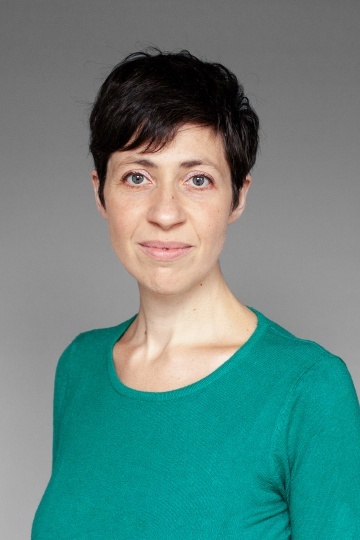
For a decade, Caselli was a foreign correspondent in Latin America, reporting for the BBC, The Washington Post, The Guardian, The New York Times and others. In 2019, she started covering early childhood for The Correspondent. In January 2021, she launched her own newsletter, The First 1,000 Days, where she continues her writing about the first 1,000 days, the foundational period of our lives that is too often overlooked, partly influenced by her experience as the mother of Lorenzo and León.
She published a chapter in “Unbias the News,” a book about how to make journalism more diverse. She produced a documentary on women’s football and gender inequality, and one of her short films on the same subject received a prize for collaborative journalism.
Caselli has been awarded fellowships by the International Women’s Media Foundation, the European Journalism Centre and the Solutions Journalism Network. She speaks six languages (English, Italian, Spanish, German, French, Portuguese), and is now learning Greek.
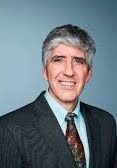
Beginning his journalism career in Alaska, Ortega worked as a television reporter in Fairbanks, Juneau, and Anchorage and later moved into print journalism at the Anchorage Times, where he uncovered a military program testing deadly biological and chemical agents in a remote military base near Delta, Alaska. Ortega later served as managing editor of the Homer News, and moved to the Seattle Times and the Wall Street Journal where he reported on child labor and other issues. While at the Journal, Bob wrote "In Sam We Trust: The Untold Story of Sam Walton and Wal-mart, the World's Largest Retailer."
Ortega spent ten years working overseas training journalists in investigative reporting in countries such as Paraguay, Georgia, Belarus and Ukraine, working through a military coup in Paraguay and revolutions in Georgia and Ukraine. A program he led to assist independent news media in Belarus was shut down by the Lukashenko regime, which revoked his visa and forced him to leave the country.
Ortega is the recipient of the Hillman Prize for social justice reporting, and the Ancil Payne Award for Ethics in Journalism. In 2013, he also received the Sidney Award for reporting on a deeply flawed and widely used screening test for cervical cancer. He served as a Knight International Press Fellow in Paraguay, and has trained journalists in 17 countries on four continents. Ortega was also a professor of journalism at Ryerson University, in Toronto, Canada.
Ortega moved with his family from Mexico City to the United States when he was nine. He has a degree in history from Princeton University and graduate degree from Columbia University's Graduate School of Journalism.
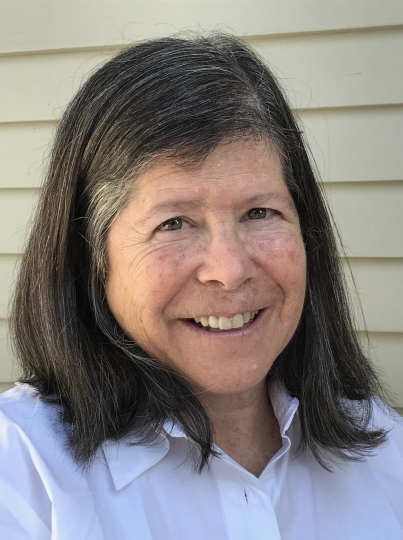
After studying biology in college, she got a master’s degree in journalism from Columbia University and then wrote for a series of magazines. She made a mid-career switch to radio and worked at NPR for 18 years, doing audio stories on medical research, health policy, global health, and mental health. In 2010 she moved to Seattle where she freelanced and taught journalism and radio reporting for 8 years at the University of Washington, then continued freelancing from London for 2 years, meanwhile commissioning and editing global health stories for the British Medical Journal. She’s won numerous awards, including the Victor Cohn Prize for Medical and Science Writing and the Keck Communication Award from the National Academy of Sciences, had year-long fellowships at the Harvard School of Public Health and from the Kaiser Family Foundation, and was a Rosalynn Carter Mental Health Journalism Fellow, focusing on the treatment of mental illnesses, including post-partum depression, in developing countries. She’s mentored Pulitzer Center grant recipients and has received support from the center for a series of reporting projects from Haiti, India, Uganda, Australia, and Fiji. She’s a founding member of the Association of Health Care Journalists. Recent stories have appeared in STAT, WIRED, NPR, Undark, and Global Health.
































































































